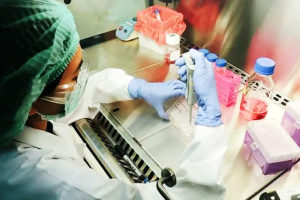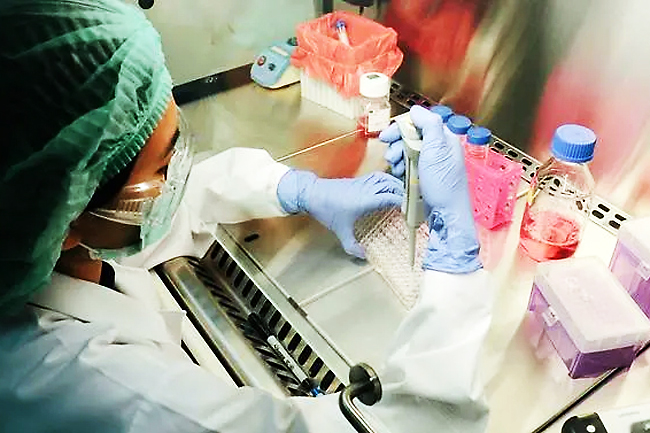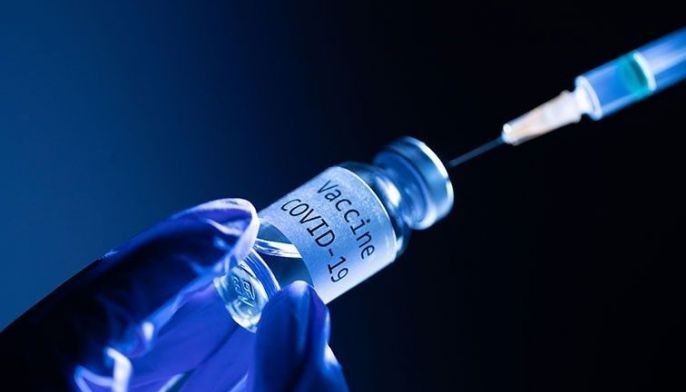UPDATES: ASEAN COVID-19 & VACCINES PART 2: MYANMAR TO VIETNAM- Here is the ASEAN status as of Thursday, 7am, January 22, 2021
COVID-19 infection crosses 96.5 million globally as deaths cross more than 2.06 million.
.
The coronavirus COVID-19 is affecting 218 countries and territories around the world and 2 international conveyances.
.


.
Ads by: Memento Maxima Digital Marketing
@[email protected]
SPACE RESERVE FOR ADVERTISEMENT
.
Here is the ASEAN status as of Wednesday, 7am, January 20, 2021
.
Myanmar
Myanmar reported +448 new cases, taking total to 135,243 and +13 new deaths, total is at 2,986 deaths.
.
Philippines
The Philippines recorded +1,357 new cases, bringing the total to 504,084 with +69 new deaths, bringing total 9,978 deaths.
.
Singapore
Reported +14 new cases, taking the total to 59,127 and 0 new death, tally now 29 deaths.
.
Thailand
Thai scientists race to develop homemade COVID-19 vaccine

 ChulaCov19 is a vaccine that is being developed by the Medicine Faculty of Chulalongkorn University in Thailand to fight the COVID-19 pandemic. PHOTO: CNA
ChulaCov19 is a vaccine that is being developed by the Medicine Faculty of Chulalongkorn University in Thailand to fight the COVID-19 pandemic. PHOTO: CNABANGKOK (CNA) – As the Thai government races to secure more COVID-19 vaccines from various sources, a group of medical scientists is preparing for the first clinical trial of a home-grown cure they are developing to fight the pandemic.
In April, they expect to inject 72 volunteers aged between 18 and 75 with ChulaCov19 – a vaccine that is being developed by the Medicine Faculty of Chulalongkorn University in Bangkok to fight the infectious disease.
“We’ll inject our first volunteer in April, probably around the end of the month. Within two months, we should know the results of Phase 1, which will show what appropriate dosages will be,” said Kiat Ruxrungtham, professor of medicine and director of Chulalongkorn University’s vaccine research centre – Chula VRC.
Globally, there are several types of vaccine technologies being used for COVID-19. ChulaCov19 employs Messenger RNA or mRNA, which enables the body to produce a protein that triggers an immune response to the virus. The technology is used by leading pharmaceutical companies such as Moderna, Pfizer and BioNTech. They have released data backed by large-scale clinical trials indicating that their vaccines are more than 90 per cent effective in preventing the disease in humans.
Other types include viral vector technology, which is used by AstraZeneca and Oxford University, and inactivated vaccines such as CoronaVac by China’s Sinovac Biotech.
“We chose mRNA because we believe it is a technology of the future. It has also been proven that this technology developed the fastest and reported 94 per cent to 95 per cent efficacy in humans, which is the highest rate,” Kiat told CNA.
His team expects to complete Phase 1 in June. They will then move on to Phase 2 and later Phase 2B with 600 and 5,000 volunteers respectively. If all goes as planned, Kiat added, ChulaCov19 could be manufactured in Thailand by the end of this year.
.
Vietnam
Vietnam’s Ministry of Health had +1 new cases and a total of 1,540 cases, no new death, total remains at 35.
Source: world meters










